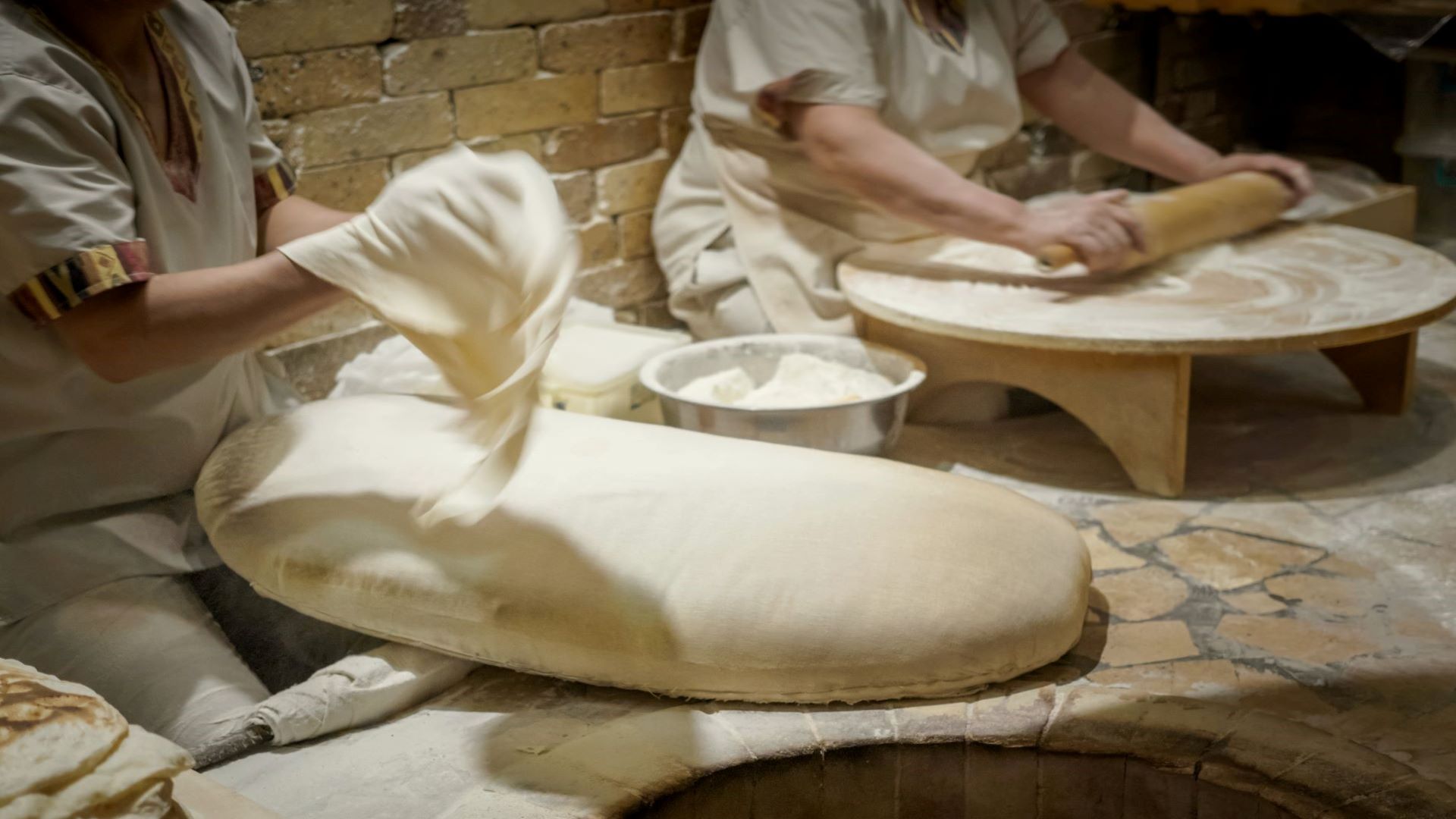 Yerevan, Armenia, March 25, 2021—Women entrepreneurs in Armenia seek more bank loans to start a business than their male counterparts, reveals a new report released by IFC, a member of the World Bank Group, as part of a program implemented in partnership with the UK's Good Governance Fund. The study further shows that improved access to finance, adequate business training, and timely support could help women seize more opportunities and become equal participants in the Armenian economy.
Yerevan, Armenia, March 25, 2021—Women entrepreneurs in Armenia seek more bank loans to start a business than their male counterparts, reveals a new report released by IFC, a member of the World Bank Group, as part of a program implemented in partnership with the UK's Good Governance Fund. The study further shows that improved access to finance, adequate business training, and timely support could help women seize more opportunities and become equal participants in the Armenian economy.
As part of IFC's two-year program—Economic Growth and Economic Empowerment of Women in Armenia—the Women Entrepreneurship study was conducted to identify barriers that women-owned firms face, while also providing recommendations on how to address them. This is critical because women's lagging participation in employment and entrepreneurship represents a misallocation of Armenia's human resource potential, resulting in an estimated loss of economic output that is equivalent to 14 percent of GDP (gross domestic product).
The majority of women (almost 73 percent) mentioned that there was a lack of an educated workforce in their field. Nearly all women entrepreneurs acknowledged gaps in business knowledge and skillsets needed to properly conduct entrepreneurial activities. While women entrepreneurs can access services that cover some of these challenges, most of them are yet to take advantage of them. To change that, the study highlights the need to expand the reach, accessibility, and visibility of these offerings.
The findings of the survey shaped training programs for women entrepreneurs led by IFC. The aim is to encourage more women to start businesses, digitalize their businesses in the wake of the COVID-19 pandemic, explore tech startup opportunities in agribusiness, energy, health sectors, or develop specialized services.
According to the study, around 50 percent of women-owned businesses use personal or household savings as their main source of funding for starting a business, compared to almost 70 percent of their male counterparts. Women entrepreneurs tend to use funds from commercial banks (22 percent compared to 12 percent of men entrepreneurs). However, collateral—required for bank loans—is a greater challenge for women because of inheritance practices favoring men. Also, with land ownership granted to males the default head of household, the land privatization of the 1990s has put women entrepreneurs at a disadvantage.
British Chargé d'Affaires in Armenia Victor Clark said: "The UK is pleased to support this project through our Good Governance Fund. It aims to help the Armenian Government in its work to improve the environment for business and encourage investment to stimulate economic growth, with a special focus on fostering female entrepreneurship. We are hopeful that this study will improve awareness of constraints for women-owned businesses and will contribute to women's economic empowerment in Armenia."
Jesper Kjaer, Acting IFC Regional Manager for the South Caucasus, said: "The IFC study reveals the gaps and deterrents that prevent women entrepreneurs in Armenia from unlocking their full potential. The aim is to help the public and private sectors, along with international development partners, design and implement more evidence-based policies and programs. We have already coached a cohort of trainers, who can help address some of the common challenges to support women entrepreneurs, thereby helping drive inclusive economic growth in Armenia."
Given the lack of childcare support and school shutdowns during the COVID-19 pandemic, women entrepreneurs face additional challenges compared to men. Therefore women-owned businesses need additional support to retain staff, change operating business models, and have improved access to bank loans and state support programs. The report recommends that financial assistance, training, and mentoring support for women entrepreneurs should be conducted concurrently for maximum impact.
For the full study, click here.
About IFC
IFC—a member of the World Bank Group—is the largest global development institution focused on the private sector in emerging markets. We work in more than 100 countries, using our capital, expertise, and influence to create markets and opportunities in developing countries. In fiscal year 2020, we invested $22 billion in private companies and financial institutions in developing countries, leveraging the power of the private sector to end extreme poverty and boost shared prosperity. For more information, visit www.ifc.org.
Stay Connected
www.facebook.com/IFCwbg
www.twitter.com/IFC_org
www.youtube.com/IFCvideocasts
www.ifc.org/SocialMediaIndex
www.instagram.com\ifc_org
About the British Embassy Yerevan
The British Embassy in Yerevan maintains and develops relations between the UK and Armenia, working with the Armenian government and other partners. Current UK assistance projects in Armenia are focused on promoting international human rights, good governance and democratic principles; supporting defence and security co-operation; contributing to stability and resilience; fostering sustainable economic growth; and promoting person-to-person contacts between our two countries. The UK Government's reform assistance to Armenia is provided through the Good Governance Fund (GGF). For more information, visit: www.gov.uk/world/armenia
www.facebook.com/britishembassyyerevan
www.twitter.com/UKinArmenia
Contacts
Stay Informed
Sign up to have customizable news & updates sent to you.